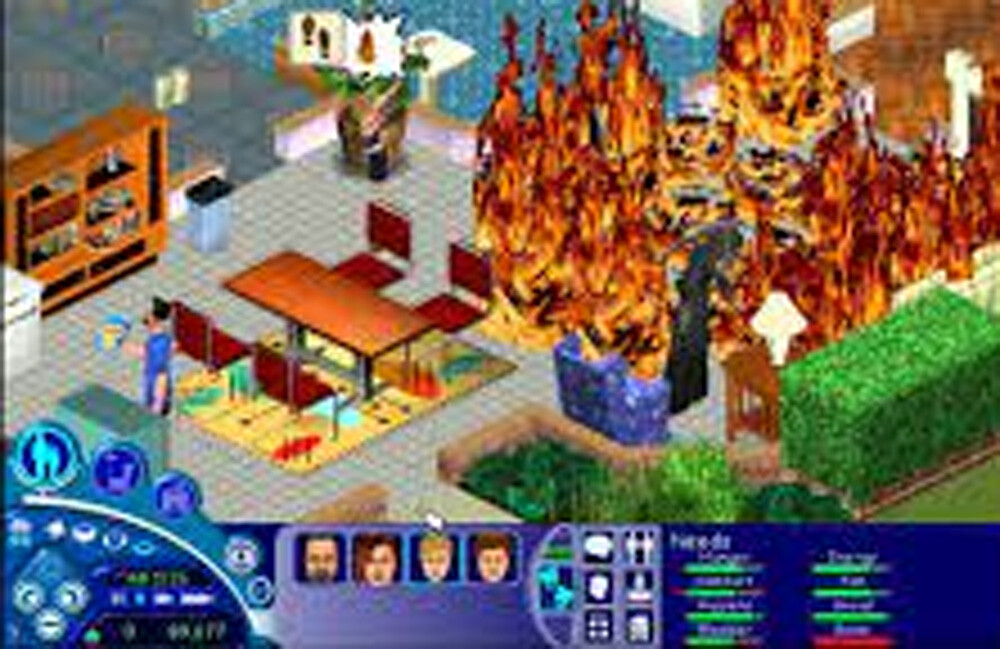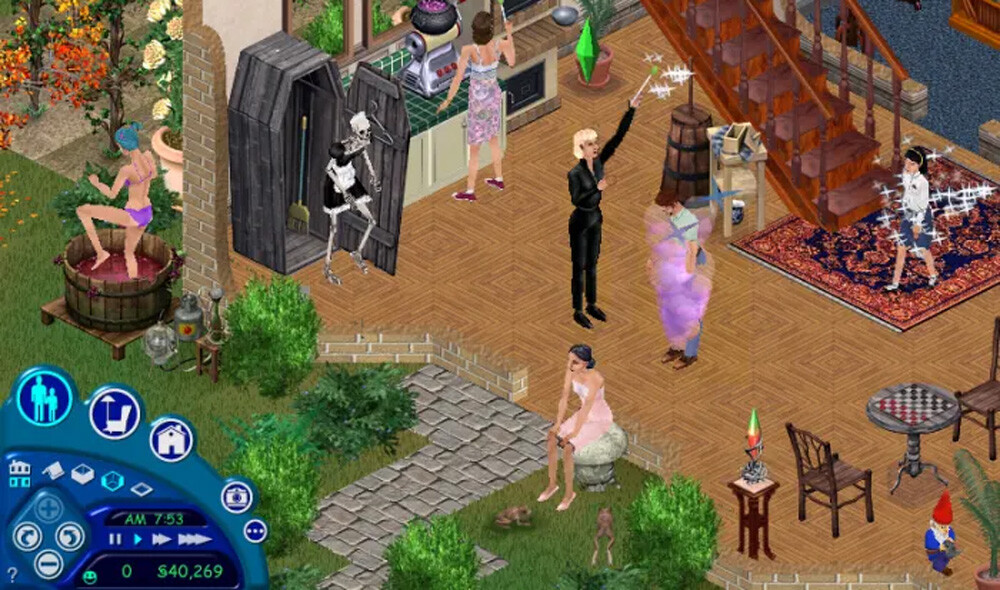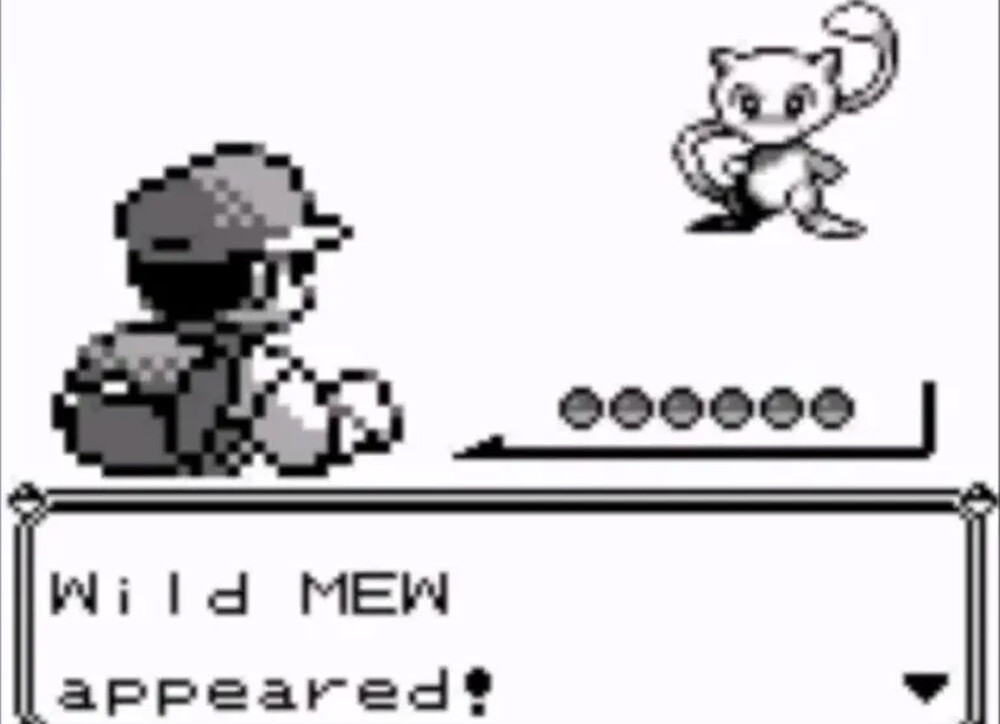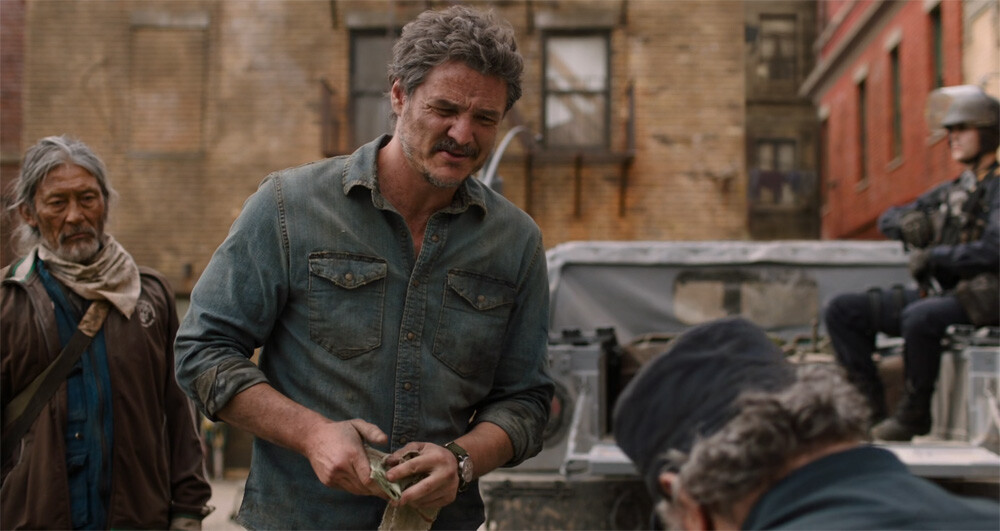5 Video Games With Surprisingly Tragic Inspirations

Most big video games all start the same way: A group of businesspeople meet in a room and ponder what will make them the most money. However, ideas also occasionally come from individuals and are powered by pure creativity.
Unfortunately, artists themselves tend to be powered by pure sadness. And so, when you play a game that’s particularly fun, behind it may be someone else’s pain.
5‘The Sims’ Came After the Creator Lost All His Possessions in a Fire
By 1991, Will Wright had come up with SimCity, escalated it with a follow-up called SimEarth and then thought up SimAnt, because you don’t always have to keep going bigger. Then came the Oakland firestorm, a disaster that tore through Oakland and Berkeley, doing billions in damages. Wright lost his home and everything in it.

Maxis
He now came up with a more mundane idea for a simulation game. It would simulate a household, with the player controlling virtual people, giving them commands and buying them a house’s worth of possessions, just like Wright had to buy all-new possessions for himself. His bosses were understandably underwhelmed by his idea and instead pushed Wright into more exciting stuff, including a more elaborate installment of SimCity. By the end of the decade, however, he had new bosses, who greenlit The Sims.
The game was not a purely escapist fantasy for people who couldn’t afford to buy furniture in real life. Instead, it was intended as satire mocking consumerism. You buy stuff (using in-game fake money) to make your Sims happy, but the process never ends. You can lose — such as when a fire kills everyone — but you cannot win. If you enable cheats, you can give yourself infinite money to buy more stuff for your Sims, and this showed the limits of consumerism as well. With unlimited power, noted Wright, how funny that the game can only let you buy your Sims more stuff, which they’ll ultimately get bored with, instead of letting you directly increase their happiness.

The idea that The Sims is a satire of consumerism rings a little hollow today. Game owners get more items not just with in-game fake money but by buying ever more expansions and “game packs” using real money, very much engaging in consumerism in a very sincere fashion.
4‘Pokémon’ Responded to Japan Paving Over Nature
As a kid, Satoshi Tajiri liked collecting insects. He put together a huge beetle collection, and his friends called him “Dr. Bug.” When he was older, he planned to become an entomologist (which is one of those words you learn as a child when you’re wondering what to do when you grow up and then may go your whole life without ever hearing again).
Instead, he became a video game designer. (Not every child achieves their dreams.) A few years after founding his game company, he came up with Pokémon. The idea of collecting little monsters followed directly from his own childhood hobby of collecting insects.

GameFreak
Life had changed since he was younger, though. He’d grown up in the rural town of Machida, which had since become part of the Tokyo metropolis and had totally urbanized. Rice paddies had been paved over and had become shopping centers. This meant a higher standard of life for everyone, but it also meant kids couldn’t go collecting bugs anymore, and he created Pokémon to give kids the experience they could never have for real. When you play Pokémon, you’re living the world of Blade Runner, never seeing real animals and relying on electronic replacements.
3The First Ever Video Game Was Made by Someone Who Worked on the Atom Bomb
What was the very first video game? Many people guess Pong. Other people guess Far Cry 4. A better candidate would be 1958’s Tennis for Two (though, even this was preceded by a couple tic-tac-toe demos). The technology behind Tennis for Two wasn’t digital but analog, as you played it on an oscilloscope. Two players hit a ball back and forth, complete with varying simulated gravity levels.

Tennis for Two was created by William Higinbotham at the Brookhaven National Laboratory, where he’d been working since 1947. His job there involved finding uses for atomic materials. Before Brookhaven, he was part of the Manhattan Project and developed the first nuclear bomb. That’s not necessarily an accomplishment to be ashamed of, but it looks like it was in Higinbotham’s case, because the guy went on to found the Federation of American Scientists, a group devoted to nonproliferation.
Clearly, the world would be better if we abandon arms and settle our differences through online multiplayer games. Unless the other country beats us at that, in which case we’ll realize switching to gaming was a terrible idea.
2‘Elder Scrolls IV: Oblivion’s Music Followed the Composer’s Car Crash
Jeremy Soule already had a lengthy musical résumé by 2006. He’d composed music for Baldur’s Gate, Unreal II and half a dozen Harry Potter games. He was now tasked with scoring The Elder Scrolls IV: Oblivion (having already scored the previous game in the series, Morrowind). Then, one day, for reasons he’d find himself later unable to explain, he lost control of his car, which spun into oncoming traffic. People who watched the resulting car crash thought it must have killed him, but he emerged unscathed, perhaps helped by the leather jacket he’d armored himself with.
This brush with death influenced him when composing the music for Oblivion. He sought “to comment on the human condition and the beauty of life,” he’d say. As a result, even the ambient tracks playing during nothing in particular sounded like this:
Or perhaps a bit like this:
As a result, players fondly remember Oblivion for a charm unmatched by later games made by the same company — even if all the player was actually doing while listening to this music was walking down a street and pickpocketing the same character for the 41st time.
1‘The Last of Us’ Was Inspired by the Siege of Leningrad
The Last of Us could have taken inspiration from any number of stories where an adult protects a child during some journey. Writer Neil Druckmann took inspiration from City of Thieves, a book about people living in Leningrad during Germany’s two-year blockade, which killed 1.5 million people. An early part of the game takes place in a city under military authority and features black markets, and the TV adaptation expands on this section.

HBO
City of Thieves progresses rather like a video game. The two heroes (who aren’t an adult and a child, incidentally) start out with a quest to find two dozen eggs. In a city under siege, this is harder than it sounds. They go through a series of episodic adventures, sometimes resolving them with violence, and their journey, of course, involves the mandatory encounter with strangers who — in a twist — turn out to be cannibals.
In the Last of Us sequel, City of Thieves makes an appearance in a character’s hands. Another character is named after the book’s protagonist, which explains why an American has adopted the Russian name “Lev.”
The author of City of Thieves wrote no more books after that one. He went on to some fame writing and directing for TV, however. His name is David Benioff, and he’s most famous for helming Game of Thrones on HBO, the network that went on to broadcast the Last of Us adaptation. More recently, his work on Game of Thrones has been overshadowed by his work on the ending of Game of Thrones, and that’s the greatest tragedy of all.
Follow Ryan Menezes on Twitter for more stuff no one should see.





